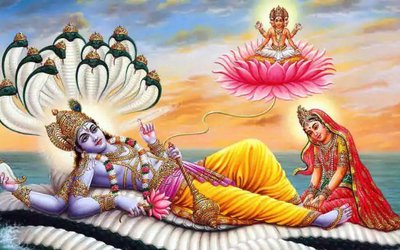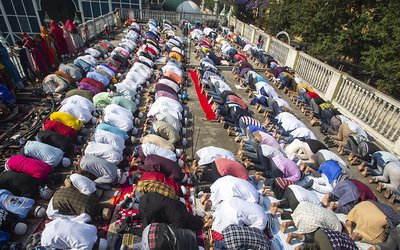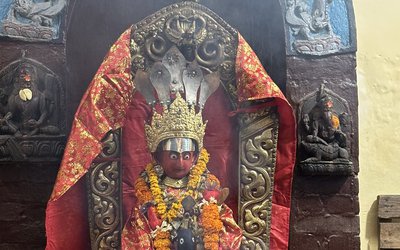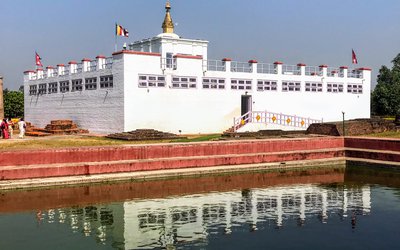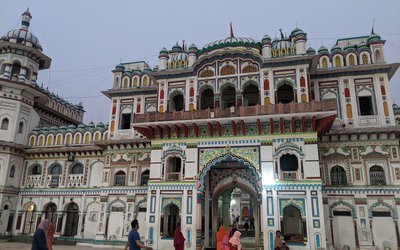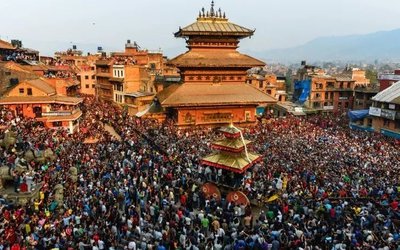
Gaura Festival is mainly celebrated by Hindu peoples living in the far western part Sudurpashim province of Nepal. Gaura Festival is a major traditional festival for the people of this region after Dashain and Tihar. Gaura festival is also known as Gauri Parva, Gauri Festival, Gora.
Prime Minister Pushpa Kamal Dahal 'Prachanda' and other senior leaders of different parties participated in the programme organized on the occasion of Gaura Festival at Tundikhel here today.
Prime Minister Prachanda, Nepali Congress president Sher Bahadur Deuba, Foreign Minister NP Saud accompanied with other leaders danced when CPN (UML) leader Bhim Rawal started Deuda song in the programme.
Gaura festival is specially celebrated in the far western part of Nepal and people hailing from the region and now living in Kathmandu organized the programme to mark the festival.
According to the Nepali traditional calendar, the Gaura festival falls in the month of Bhadra and while converting it into the English calendar sometimes in August or in September.
Gaura Parva is generally celebrated for 4 to 5 days and sometimes for 6 or 7 days which depends on various local variables such as place of celebration and which group of people are celebrating. The first two days are the preparation day of the festival people collect different kinds of grain, and they make a mixture with it is known as Biruda.
Mainly Biruda is prepared by mixing 5 different kinds of grains which are then placed in water for about a day, and then they are washed by a group of women with clean water at the water source. The festival starts from the day of Krishna Janmashtami (birth of Lord Krishna Hindu mythology) and lasts for three sometimes lasts for 5 or 6 days. In three days Lord Shiva and Parvati along with Ganesh are worshipped.
Biruda -Gaura Parva
Biruda is the most important aspects of Gaura Parva. They are used in the many important rituals (Almost all) of this festival.
The Biruda mainly contains grains such as Gaut, Grussa, Gahu, Maas, and Kerau. These grains are mixed in fixed proportions and are placed in the water by the individual families all around the village. All the five grains are stored by the peoples at the time of production of grains for the festival. All five grains might be their own store but if they don’t have some of those grains in their storage than they can exchange what they have with villagers and can have all five. It is preferred to exchange grains rather than buying from the market for the festivals.
Biruda is actually mixture obtained after placing all 5 grains in water for a few days and then worshipping the god Gauri with them. This biruda is mainly used by women to worship goddess Gauri at temples. Also, those remaining Birudas from the temples are used to bless family members, relatives, and villagers.
The belief of the Gaura Festival
Gaura festival is actually the wedding of Goddess Gaura and Lord Maheswore. Mainly people especially women worship goddess Gauri, Lord Shiva (Maheswore) and Lord Ganesh for a long and healthy life of their family. They worship goddess Gauri and Lord Shiva with Biruda and then the family members and festival community.
Celebration Activities
This festival is mainly known for its unique dance called Deuda dance. In this dance participants, hold their hands forming circle and moves in a circle along with singing special lyrics called Deuda song. On this occasion, married women put the sacred thread in the neck. Deuda Dance is known for its unique style and way people dance. Duda song consists of a large number of styles of singing among them Thadi Bhaka is one.
- India’s External Affairs Ministry’s Senior Officials Says Indo-Nepal relations are ever expanding
- Jul 05, 2025
- Bhutan Government Unveils Three Pronged Strategies To Tackle Skilled Migration Crisis
- Jul 05, 2025
- Weather Forecast: Generally Cloudy Across The Country With Heavy Rain At One Or Two Places Bagmati And Koshi Provinces
- Jul 05, 2025
- FNCCI President Dhakal Urges British Companies to Invest in Nepal
- Jul 04, 2025
- Nepal Is Expected To See 60,000 People Infected with Dengue This Year
- Jul 04, 2025
